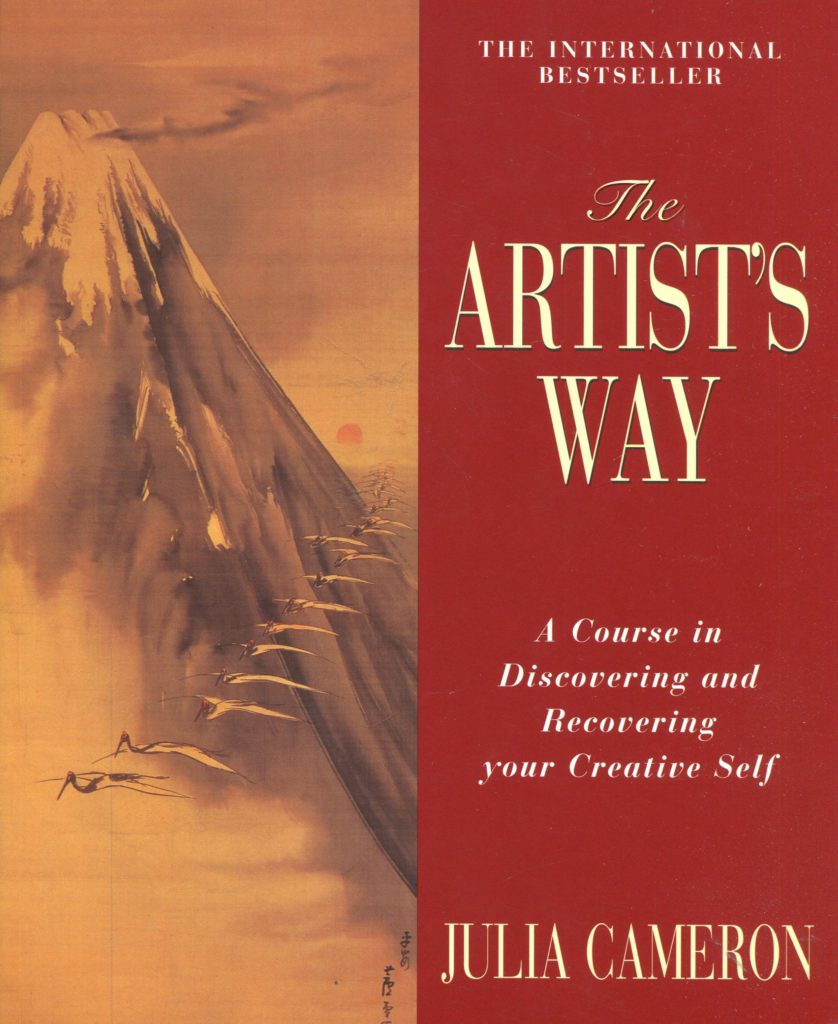Writing a Series: When You Realize That Your Sequence of Novels Doesn’t Make Sense.
A guest post by Nathan Dodge
Those that know me from the Superstars seminars know that I signed a contract for Shadow Warriors, the first novel of a YA SF series at this year’s SSWS. In brief, the series is a sequence of five novels about teenagers that are kidnapped and forced to train as the crew of a starfighter to fight in a galactic war.
I wrote all five novels in an 18-month period. That might not sound very smart, having sold none of them, but I went into a writing frenzy and they all rolled out—about 450,000 words in all. And now, finally, one is sold, with the prospect of perhaps selling more.
Like everyone else writing a novel series, I ran into “series problems,” the blips that come up for any writer of a series as the writing progresses. Example: continuity. It’s darned hard to remember all the stuff you’ve put down over time, especially about the time you get into the middle of novel 4. How many times have you started to edit something in the new book of your series and thought: Wait a minute—I said something about this situation (or character, or background element) in Book 2. Is it consistent? And sometimes it isn’t, and you have to sharpen the old red pencil, metaphorically speaking, and reconcile the two passages. And yes, I kept a “facts” diary, but you still forget.
However, that isn’t the problem that had me buffaloed as I finished Book 2 of the Shadow Warriors series. It had very nice starring roles for several of my main characters, a couple of independent parallel plots, and the usual 1/3-point and 2/3-point crises. However, as I began to reread and seriously edit, a problem slapped me in the face: The book didn’t read like Book 2. It read more like Book 3!
What was wrong? Mainly, I decided after some analysis, the characters had matured too quickly. They were already advancing in command positions, and they were becoming too important in the overall command scheme of their navy.
I had let a little of that happen at the end of Book 1. The top male character had become a unit commander after only one major battle (sort of a “battlefield promotion”), essentially in charge of not only his crew but nine more fighter crews. In addition, the two main female characters had demonstrated excellent planning and strategic abilities, so that they were assigned part-time to their Carrier commander to assist in battle planning.
Which was okay—my crew was still a group of base-level fighters, with some modest responsibilities above and beyond that of a fighting crew. That led to my realizing the problem: they had to prove they had earned the new positions by performing in them before they were again promoted in Book 3. That is, they had to gain more experience (and also more success), demonstrating that they had earned the right to advance further in their military careers.
But that hadn’t happened. What was needed was a Book 2, in which my daring young warriors proceed to act in their new roles and prove to their commanders and the Alliance at large that they deserved more command responsibility.
So editing Book 3 (formerly Book 2) was put on hold while I returned to the end of my first epic and designed another plot to allow my young charges to earn their stripes. Or, since they were all young officers (as in the US Air Force), to earn their officer ratings. Of course, that meant a new plot that would mesh with the already-established Book 3 events, but that would also stand on its own as an interesting story line.
In addition to a main, galactic-war-related plot, all the Shadow Warrior books have a secondary, more personal plot. That presented a challenge in Book 2 until I considered: in Book 1, a relatively small Shadow Warrior force had defeated an enemy of fifty times as many warships. What if the upper hierarchy of naval command, far from the battle on their home planet, didn’t understand the unique strategy that had allowed victory, even at the cost of half its ships? What if they recalled the carrier commander in charge—the one whose faith in my crew had led to the victory—and court marshalled this commander before a military tribunal for her “excessive losses?” Not only would the crew be facing a new enemy threat, but they would also have to testify in an alien court to save their commander.
All this required not only lots of new plotting, but a great deal of rereading of the former Book 2 (now Book 3) and its “facts” log to be sure that details in my new story didn’t contradict the events of the following story. At the start, I mentally groaned and moaned a lot, trying to find excuses to ditch the new volume. But I stuck to it—and about three months later, I had finished the new Book 2. Further, my revisions to Book 3 were minimized, with careful, regular back-and-forth comparisons and reading, so that in fact I did not have to rewrite the third book to any great extent. In only about a month or so more than it took to complete Book 3, the new Book 2 was done and Book 3 altered as required. Problem solved.
In retrospect, I can identify three “take aways” from my experience. First, in a series about the same character or group of characters, they need to constantly mature and evolve—but that maturation/evolution must seem reasonable and natural. Second, careful plotting and story line management can assure that if you do have to change or rearrange your sequence of novels, the transition can be as painless as possible while bringing the maturation of your characters back into balance.
Finally, this exercise brought home to me rather graphically that when you deal with a set of characters over an extended series of volumes, since these characters constantly evolve, you must deal in each new volume with what is essentially a new set of characters.
Because the “old characters” are growing, maturing, and acquiring new abilities and capacities, you must constantly expand the texture and nature of their personalities and individualities. In my case, for example, the battle-hardened seventeen-year-old veterans of Book 3 were absolutely nothing like the timid, just-kidnapped sixteen-year olds of Book 1.
If your characters aren’t constantly becoming new versions of themselves, your reader will more than likely lose interest, as the characters can quickly become flat, featureless, and boring. It can be a hassle to pay attention to the maturity level and complexity of your characters, to help them grow, and to make them continually more well-rounded and interesting, but in my opinion, the result is worth the trouble!
With BSEE (SMU) and MSEE and PHDEE degrees (The University of Texas at Austin), Nathan Dodge was an engineer and engineering manager before joining the University of Texas at Dallas. After 16 years, he retired in 2014, although he still teaches half-time. He won several teaching awards at UTD.
Nathan began writing seriously in 2012 and has attended seven Superstars Writing Seminars. He has a story in the Purple Unicorn Anthology with daughter Sharon, a short story sale to Mike Resnick’s Galaxy’s Edge, and recently sold the first book of a young adult science fiction series to WordFire Press. He and Sharon will soon release an anthology of SF stories, To the Stars.
In his spare time, of which there is surprisingly little, he loves weight lifting, hiking in Colorado, and solving crossword puzzles with wife Faye Lynn.




